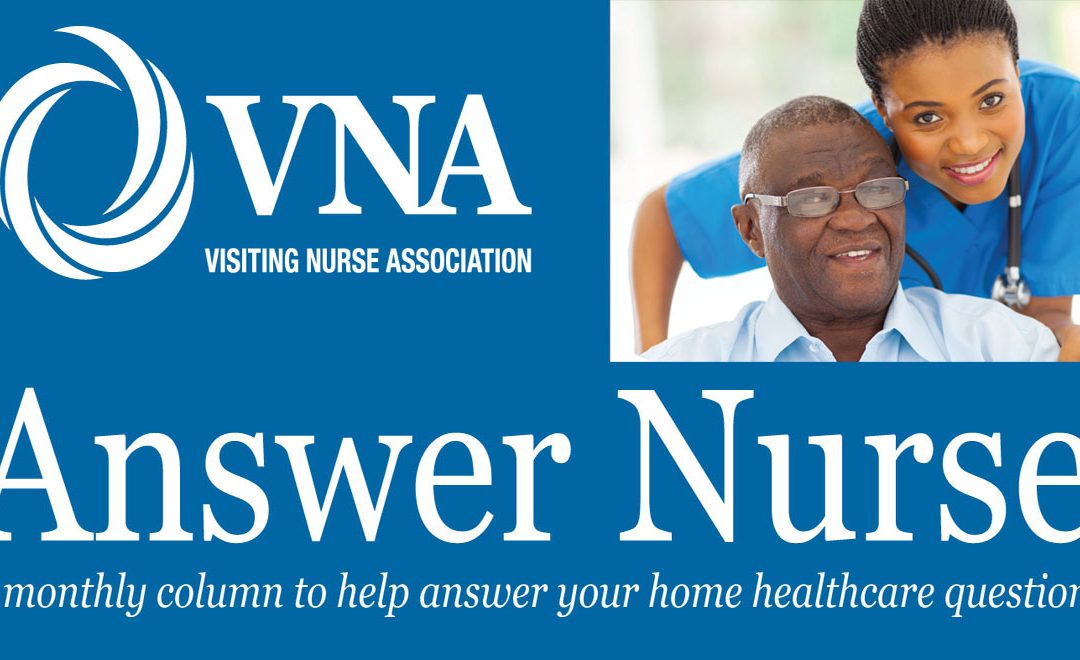COLORECTAL CANCER AWARENESS MONTH
March is National Colorectal Cancer Awareness month, the perfect time to bring attention to this deadly – and often avoidable – disease, which is the third leading cause of cancer-related deaths in both men and women in the U.S., according to the American Cancer Society.
Q: I’ve read that early screening for colorectal cancer is important. Is that really true?
A: Yes. According to the National Foundation for Cancer Research, studies show that early (and ongoing) screening could prevent 1/3 of colorectal cancer deaths in the U.S. To put that in perspective, the five-year survival rate is 90% if it’s detected early, according to the American Cancer Society.
Q: My husband is 65 and I’m 55. Neither of us has had a colorectal screening. Is it too late?
A: No, but you should both speak with your doctor about scheduling colonoscopies as soon as possible as the risk for developing this cancer increases with age.
Q: Are there any lifestyle factors that increase the chance of getting colorectal cancer?
A: Yes. There are many lifestyle-related habits that are linked to an increased risk for colorectal cancer. A major one is obesity, which increases a person’s risk of getting colorectal cancer by about 30 percent, according to the National Foundation for Cancer Research. In addition, smoking and excessive alcohol use, diets high in red and processed meats as well as lack of exercise all contribute to an increased risk.
Q: My father died of colorectal cancer. Does that increase my risk of getting it?
A: Yes, people with “first-degree” relatives, including parents and siblings, who have had colorectal cancer are two to three times as likely to get it.
Q: I am well over 50 and know that I’m long overdue for a colonoscopy, but I just dread having to drink that awful stuff and not eating anything else all day (I get lightheaded easily). What other ways can I get checked, if any, for colorectal cancer?
A: While the most common form of screening is a colonoscopy, there are other ways, including (but not limited to) an at-home fecal blood test such as Cologuard. There are pros and cons to both. If you’re unsure of what to choose, and for more information, discuss it with your appropriate medical provider.
This information is for educational purposes. Please consult your physician for any medical issues. For more information about VNA services, call 321-752-7550 or visit www.vnatc.com.


Recent Comments